
The IAPA, ANJ of Brazil and the AMI of Colombia are some of the more than 25 media associations from around the world that signed the Global Principles on Artificial Intelligence, which seek to guide the application of said technology in an ethical and transparent manner, and to protect the credibility and intellectual property of journalistic content.

The fact-checking coalition C-Informa of Venezuela won the Journalistic Excellence Award of the Inter American Press Association, in its category of data journalism, for revealing the social media disinformation strategy of Nicolás Maduro's regime. Learn more about the winning work in this article.

At the 2023 Global Disinformation Summit, journalists from various media outlets and organizations in the region highlighted the importance of identifying actors, regional patterns and business models behind disinformation campaigns that affect sensitive issues such as elections, migration, health, and gender.
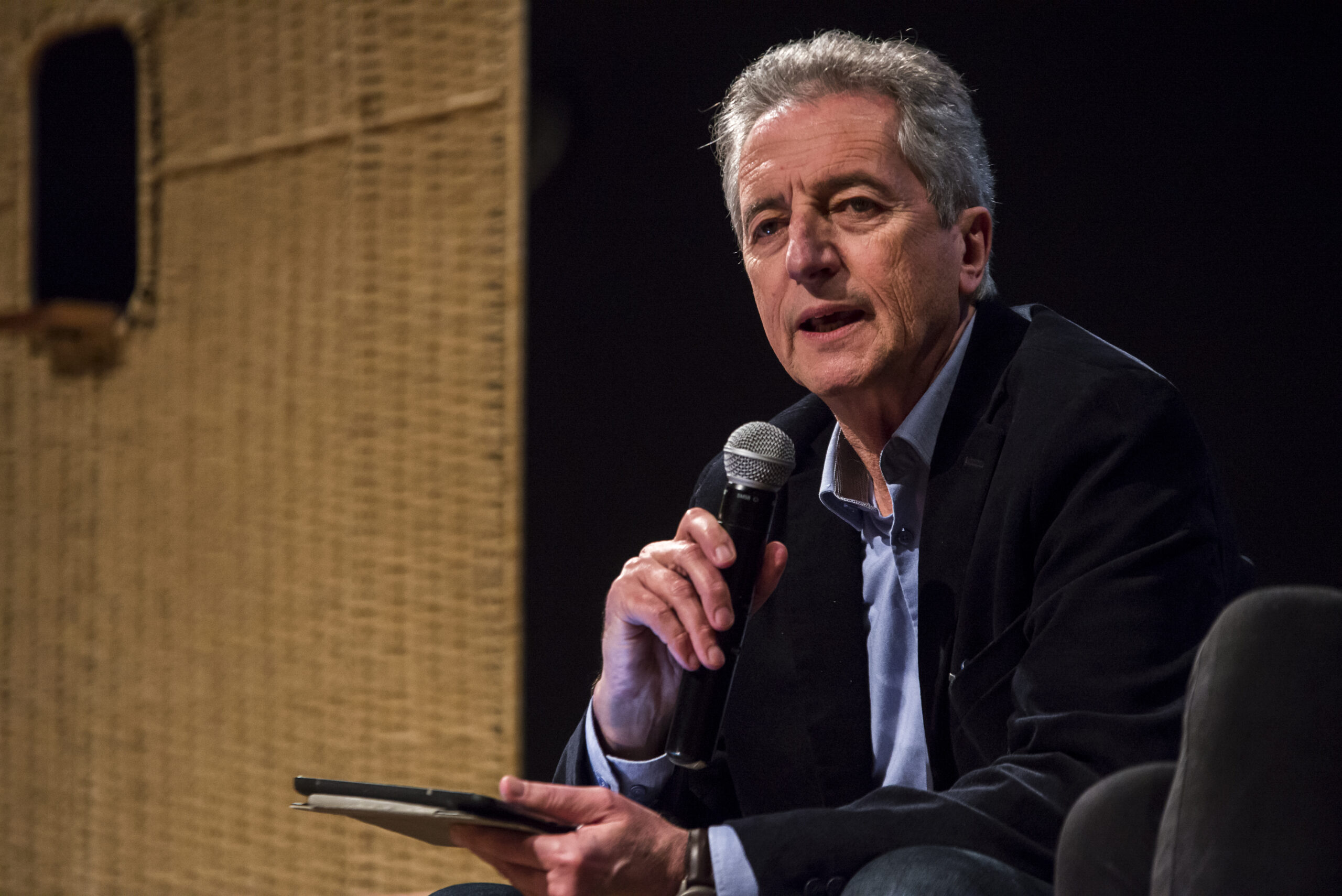
Journalist and researcher of media and digital platforms Daniel Mazzone analyzes the role of journalists in the face of fake news and a digital society. His book "Máquinas de Mentir [Lying machines]" uncovers new work perspectives from within the journalistic community and the structuring of a new contract with society.
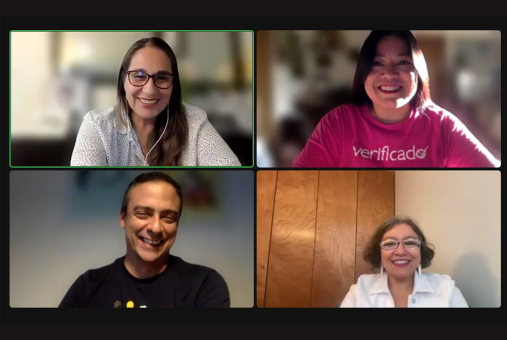
In the last of four webinars of the Network for Diversity in Latin American Journalism, panelists shared key points to show how journalism can counteract dangerous discourse that creates disinformation. Among these points were the role of algorithms in spreading such discourse, how to avoid stigma and editorial strategies focused on diversity.

Faced with the disinformation created by images generated with artificial intelligence, a project led by Adobe seeks to implement a technological standard that provides data on the origin and alterations of digital content on the Internet. Although it is in its early stages, more than 50 news outlets and fact-checkers in Latin America have already joined as members.

Disinformation narratives that seek to delay actions against climate change, a communication initiative to train communities on digital security, and protection tips for journalists covering the Amazon were lessons learned at the II Amazon Summit on Journalism and Climate Change, organized by Fundamedios, in Ecuador.
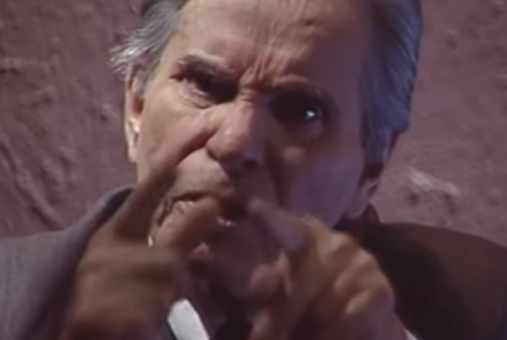
In the book "The man with the white shoes: The life of the inventor of the dog-eat-dog world on Brazilian TV," journalist Maurício Stycer sheds light on the professional trajectory, personal history and innovations introduced by Jacinto Figueira Júnior, better known as The man with the white shoes. Stycer, a renowned TV critic in Brazil, explores the emergence of sensationalism, shock and amazement as central production values of TV journalism in the country.

Latam Chequea, UNESCO and Chequeado seek to provide tools to more effectively combat the disinformation that circulates during elections through talks aimed at key actors in the electoral process - such as journalists, electoral bodies and high school teachers. The next talk aimed at journalists will be held on June 14.
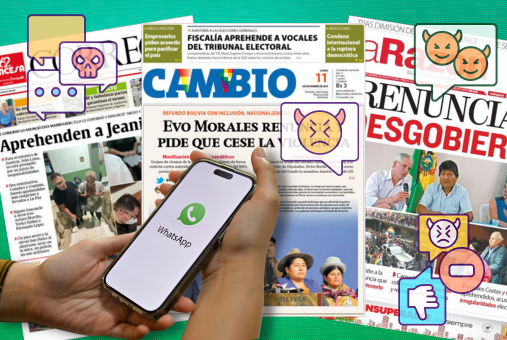
A project of Bolivia Verifica (Bolivia), with mentoring and support from Proyecto Desconfío (Argentina), seeks to promote dialogue, reflection and a culture of peace among Bolivian society by monitoring and verifying hate speech posts on social media aimed at vulnerable groups, and by distributing verified content through WhatsApp.
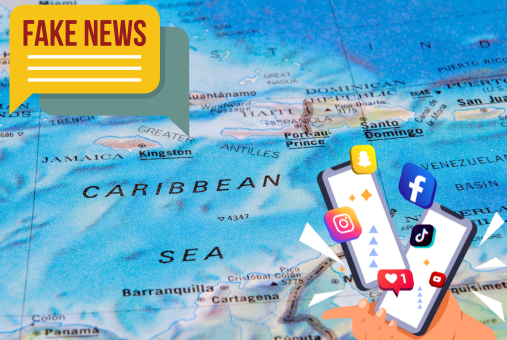
Promoting media literacy in schools, stimulating collaboration among the region's media and journalists, and improving the training and working conditions of communication professionals are necessary measures to lessen the impact of misinformation in the Caribbean, according to a study.
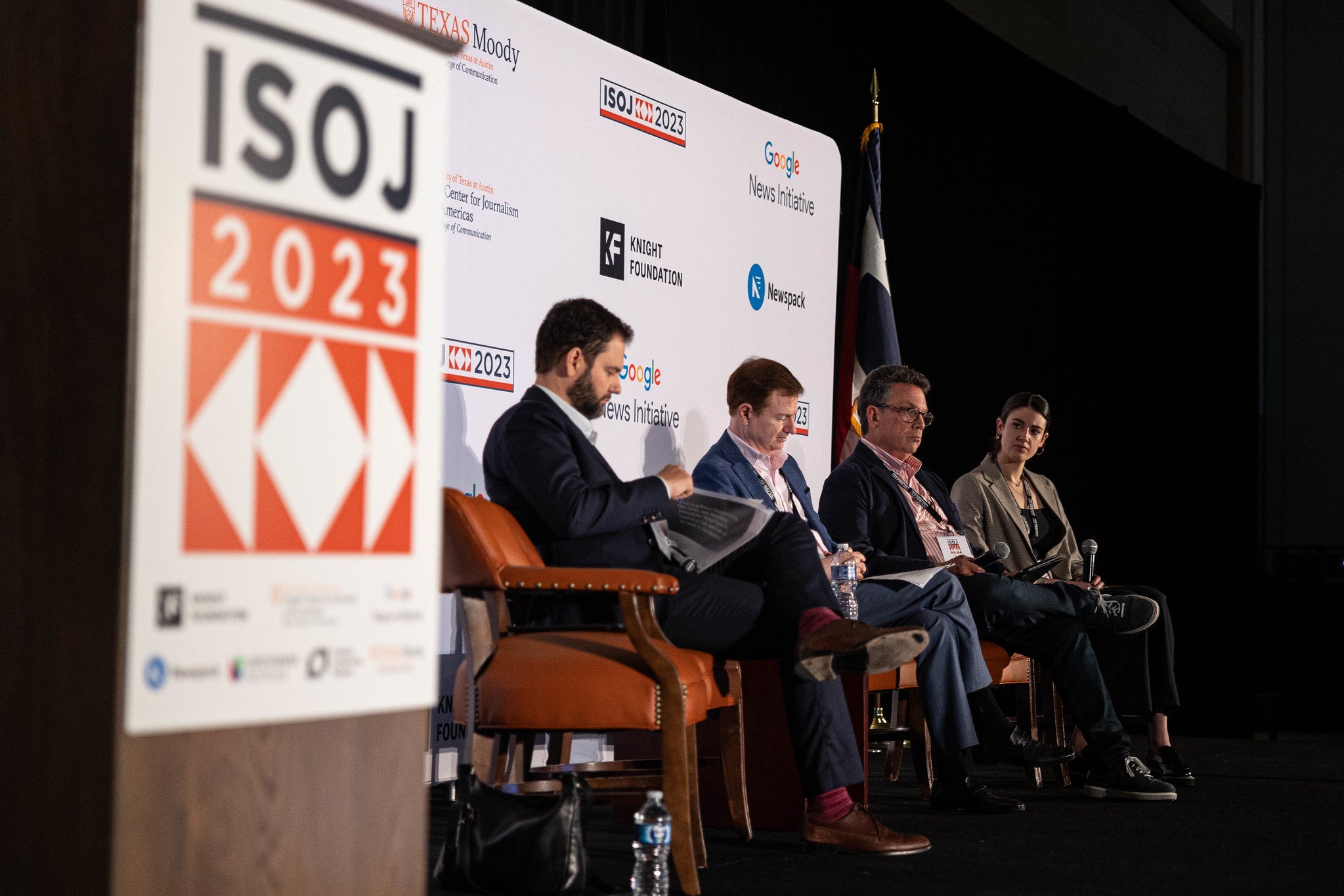
Glenn Kessler, chief fact checker at the Washington Post, Khaya Himmelman, a political misinformation reporter, Bill Adair, the founder of PolitiFact and Sérgio Dávila, editor-in-chief of Brazillian newspaper Folha de S.Paulo spoke on a panel about fact checking and misinformation in hyperpolarized times moderated by Anya Schiffrin of Columbia University.